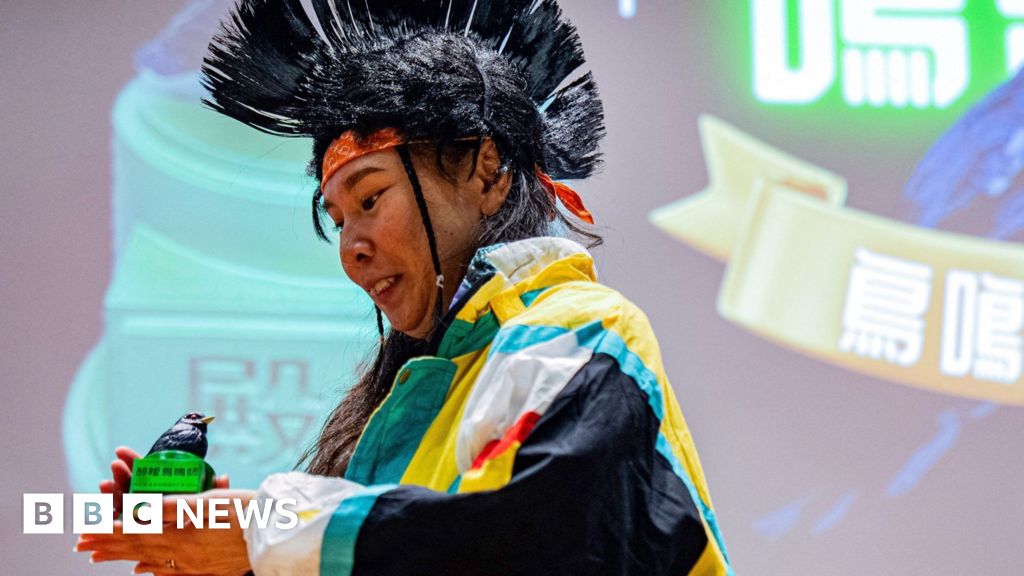In a recent turn of events in Hong Kong, artist Luke Ching, aged 52, took to the fast-food workforce to conduct a unique form of research that blurs the lines between art and activism. During an eight-hour shift at McDonald's, he diligently cleaned tables, cleared trays of leftover food, and carried heavy trash bags—all while seeking inspiration for his art aimed at improving labor conditions for the city's low-wage workers.
Ching's commitment to highlighting the struggles of menial laborers took a drastic turn when he was fired after openly calling on McDonald’s Hong Kong to restore paid meal breaks for its staff. This incident has only solidified his resolve to speak out for workers’ rights, even as the space for dissent diminishes in the city.
"We have the right to express ourselves in public," Ching insisted during an interview, emphasizing the need for workers to voice their concerns about the harsh realities of their jobs. His perspective challenges the widespread acceptance among employees that they should remain silent about workplace issues, particularly in an environment increasingly hostile to free speech.
Over the past two decades, Ching’s artistic endeavors have integrated activism, gaining traction and stirring conversations in both supportive and critical circles. While many count him among the rising figures advocating for social change, detractors label him as merely seeking attention through gimmicky protests. Nonetheless, Ching’s work exemplifies the dual nature of his efforts, blending creativity with a strong societal message aimed at tackling the growing income disparity in Hong Kong.
Even with the precarious nature of political expression in the region, Ching passionately continues to push for change, highlighting labor issues in a city where the divide between rich and poor is stark. Through his unique lens, he not only amplifies the voices of marginalized workers but also asserts the necessity of maintaining public discourse about labor rights.



















